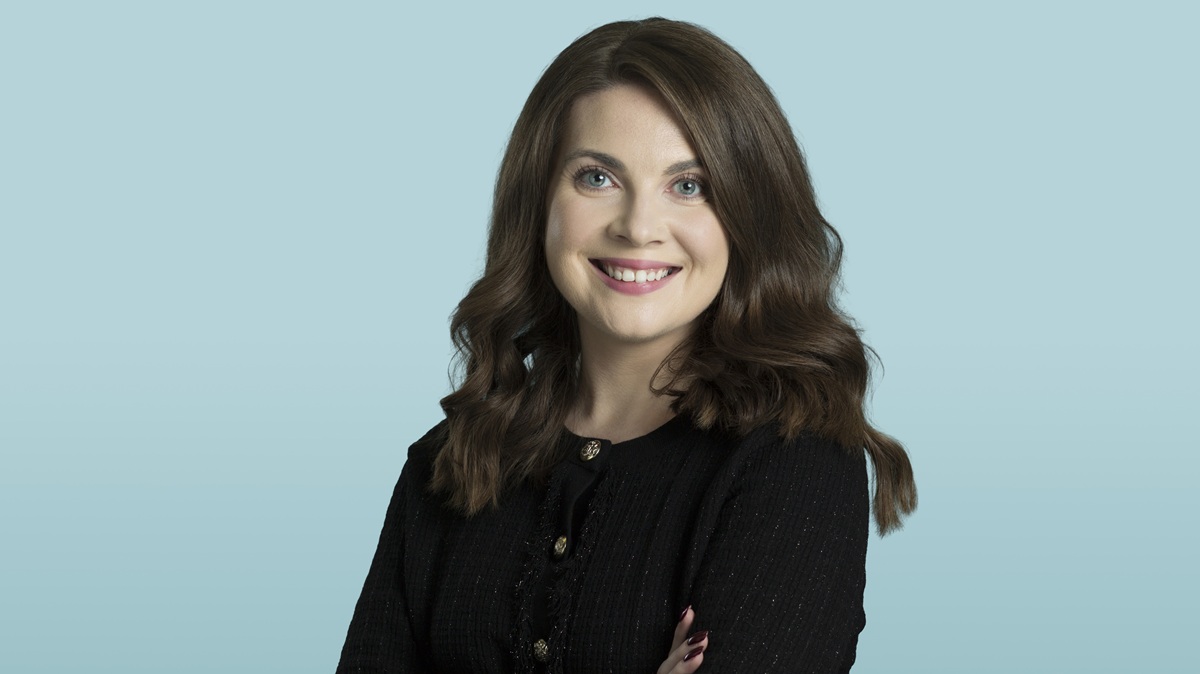I am worried my ex is going to flee the country with our children!
Protective measures to prevent international parental child abduction. If you are worried that your ex-partner may try to take your child out of the country without your consent, this can…
READ MORE




